NEWSROOM
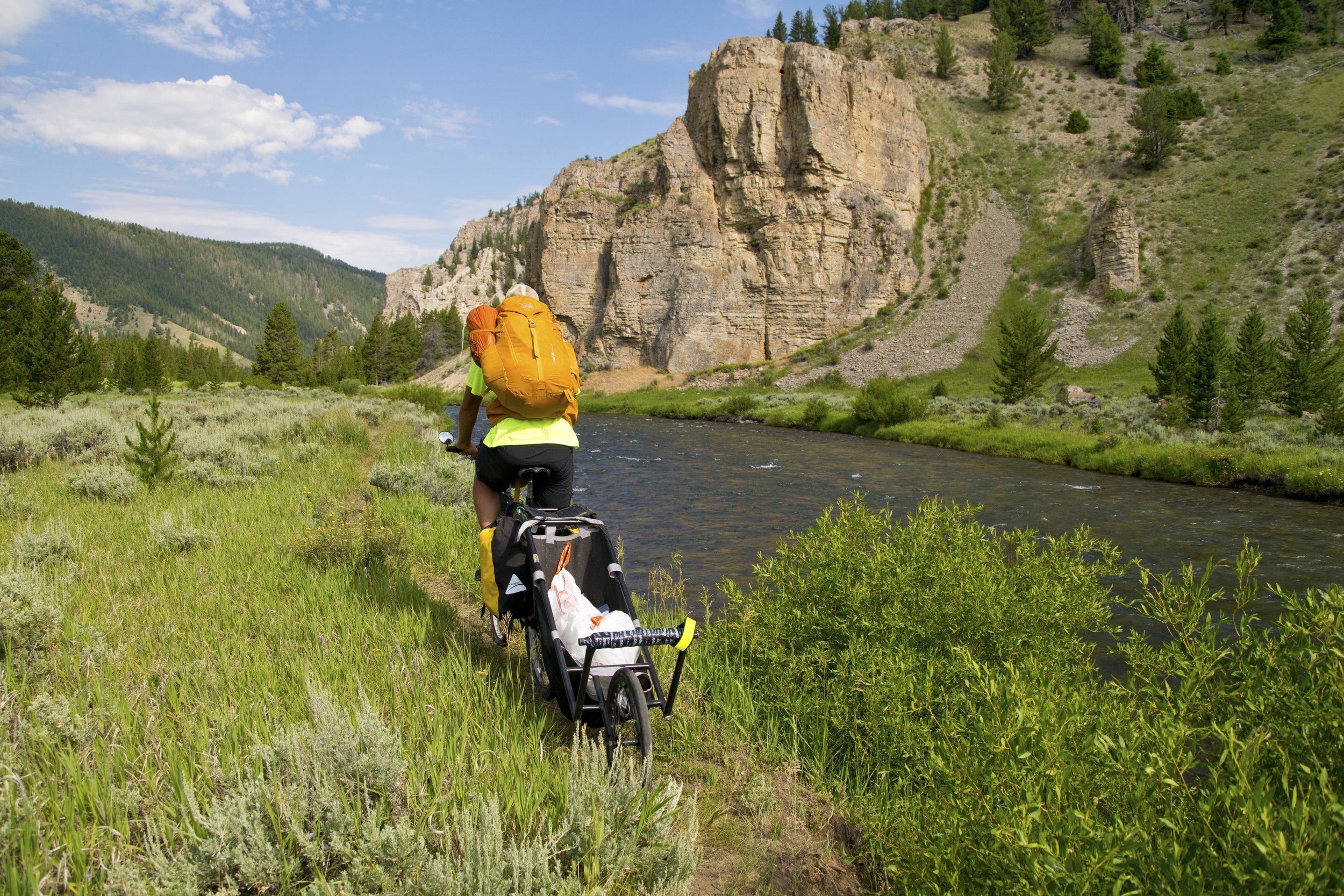
Garbage on the Gallatin: A Plea for Plastic-Free Parks
5 Gyres Ambassador Sean Jansen shares his experience cycling the length of the Gallatin River, which flows through Yellowstone National Park, and collecting trash along the way. His story is one of determination, resilience, and coexistence with the natural world.
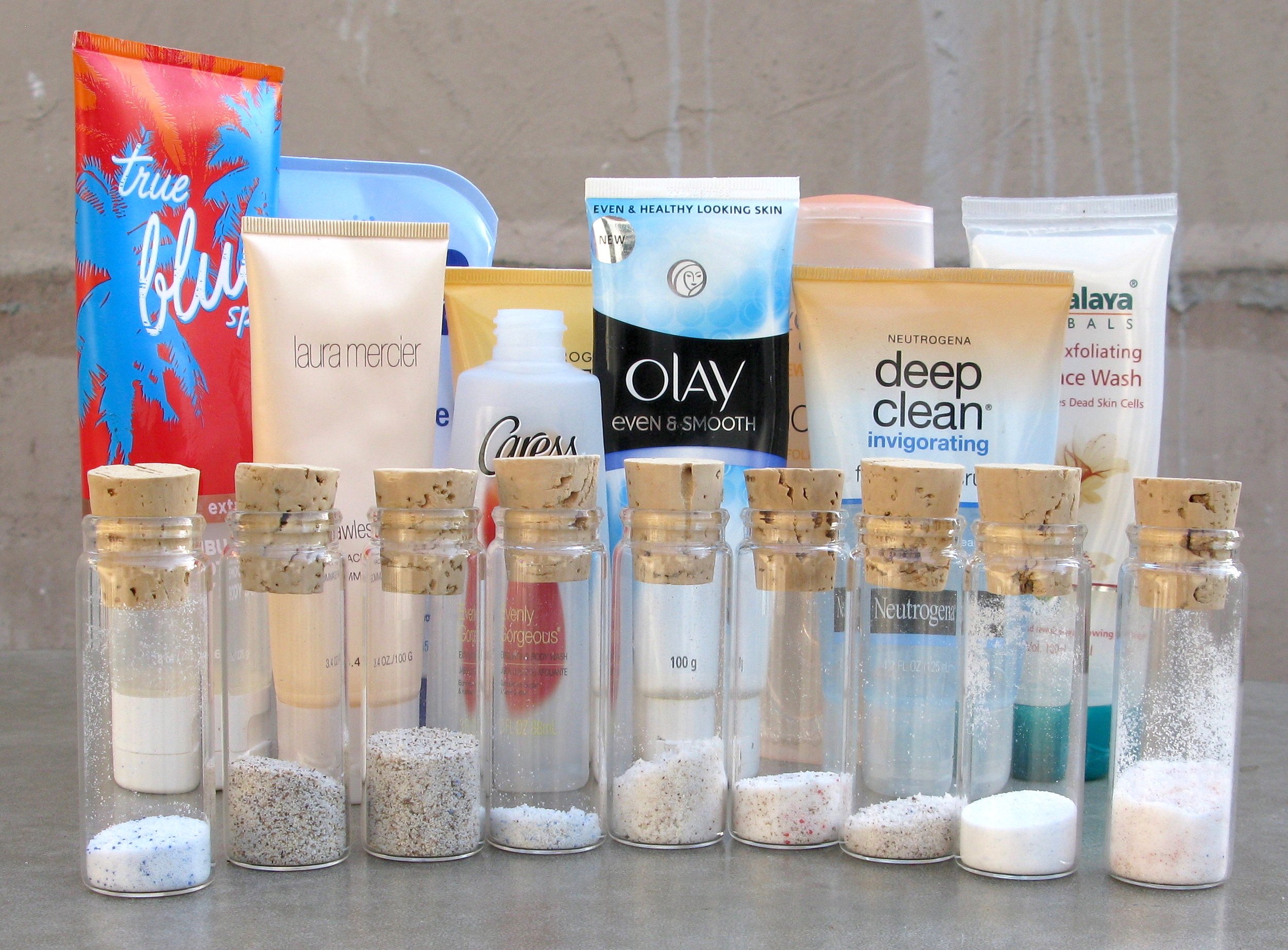
The Hidden Microplastics in our Homes: Microbeads
The Microbead-Free Waters Act of 2018 was a huge victory, resulting in a clear decrease of microbeads in the environment. However, this bill only applied to “rinse-off” personal care products, leaving other applications of microbeads still in use. Today, microbeads are still found in everyday household products, including leave-on cosmetics, cleaning products, and paint — but a proposed California bill looks to change that.
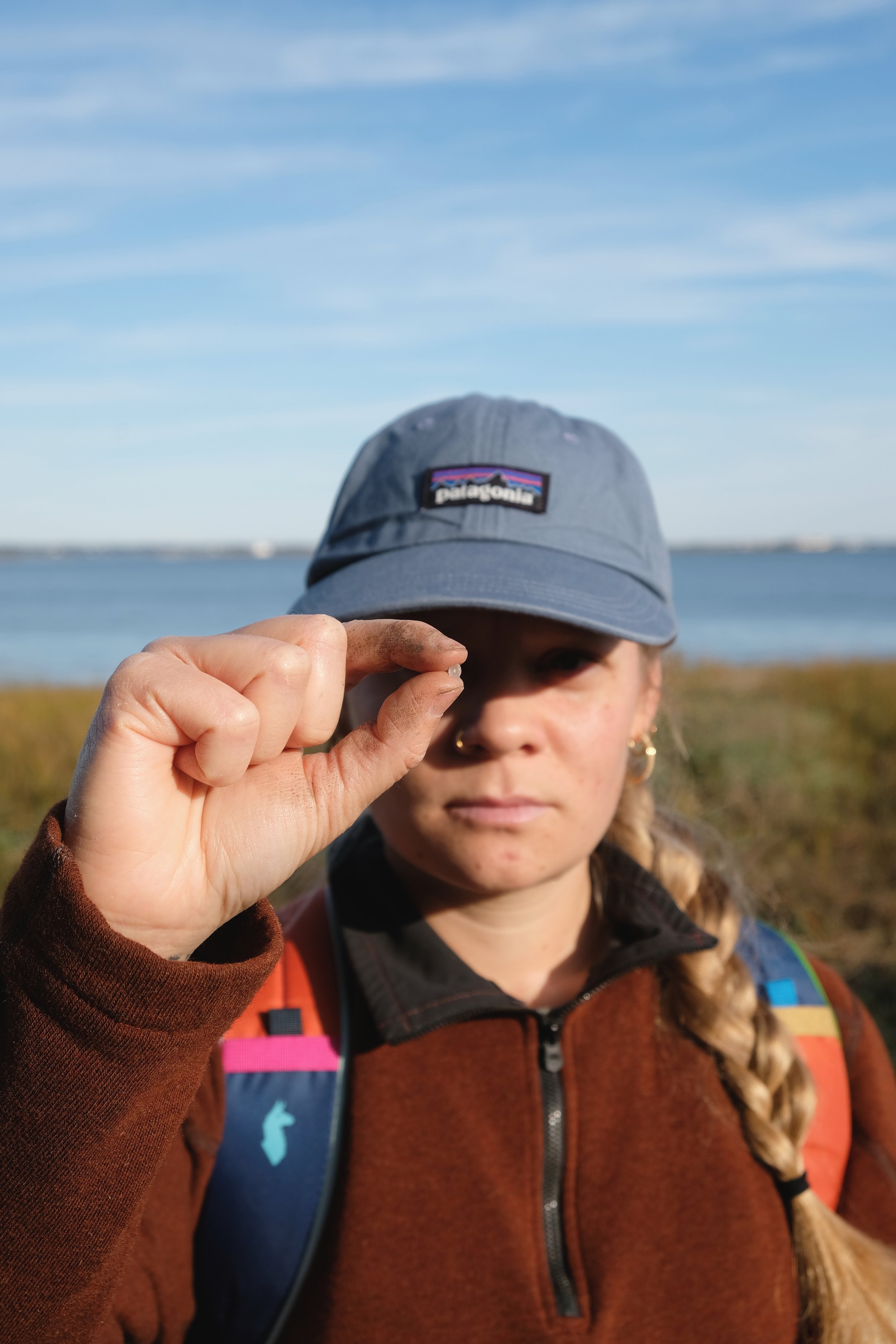
Empowering Community-Led Solutions through the Ambassador Action Fund
The 5 Gyres Ambassador network is made up of hundreds of individuals using their unique backgrounds and skills to take action against plastic pollution. Through the Ambassador Action Fund, 5 Gyres will provide financial support, mentorship, and resources to empower Ambassadors in achieving their goals. Here’s a closer look at the projects we’ll be supporting in the first round.
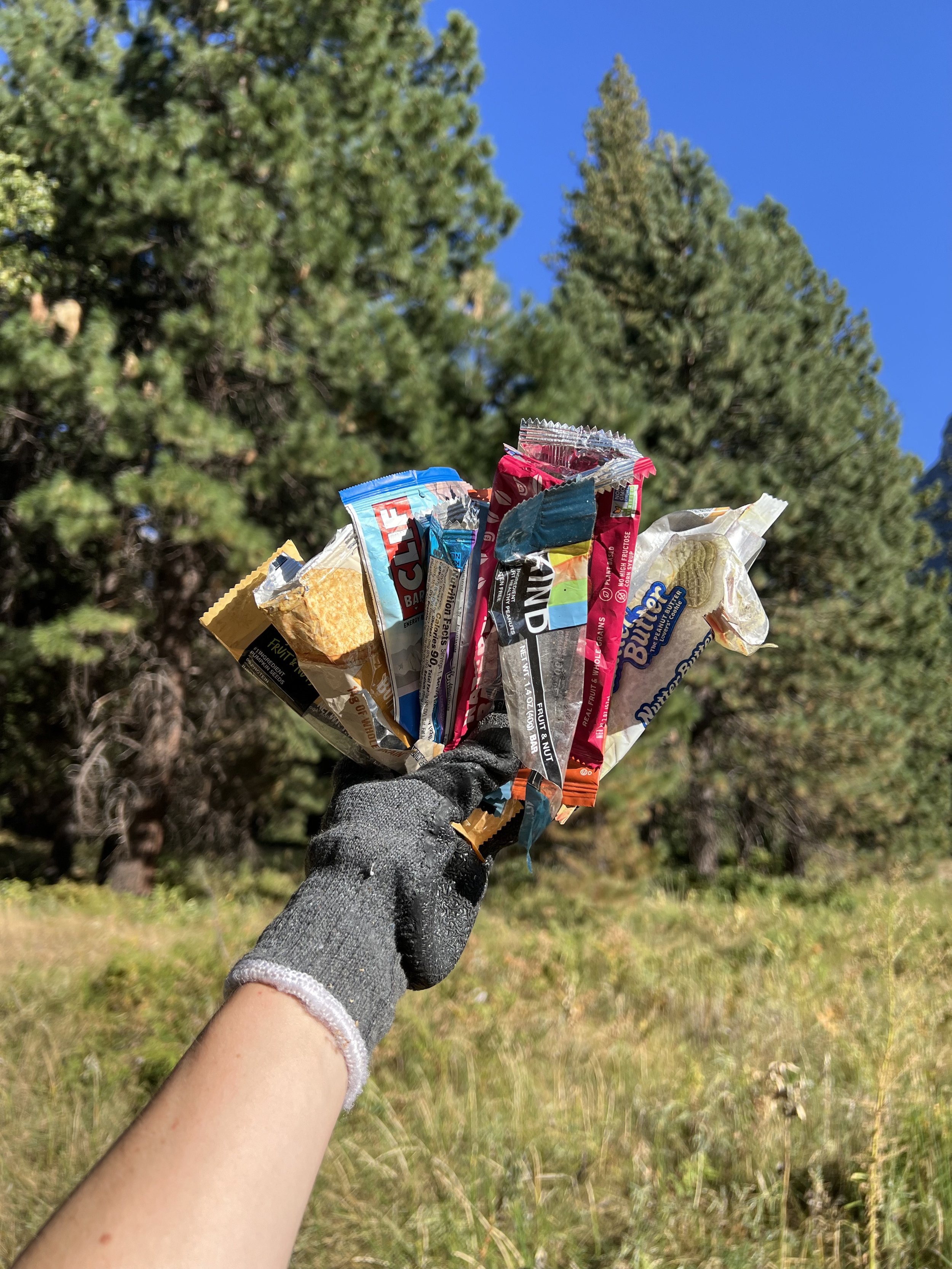
The Top Polluter in U.S. National Parks? Plastic.
Solving the plastic pollution problem starts with data – identifying commonly found items, brands, and materials can inform solutions at the federal, local, and individual levels. The Plastic-Free Parks TrashBlitz aims to do just that, by empowering community scientists around the country to log data on trash they find in national parks and federal lands.
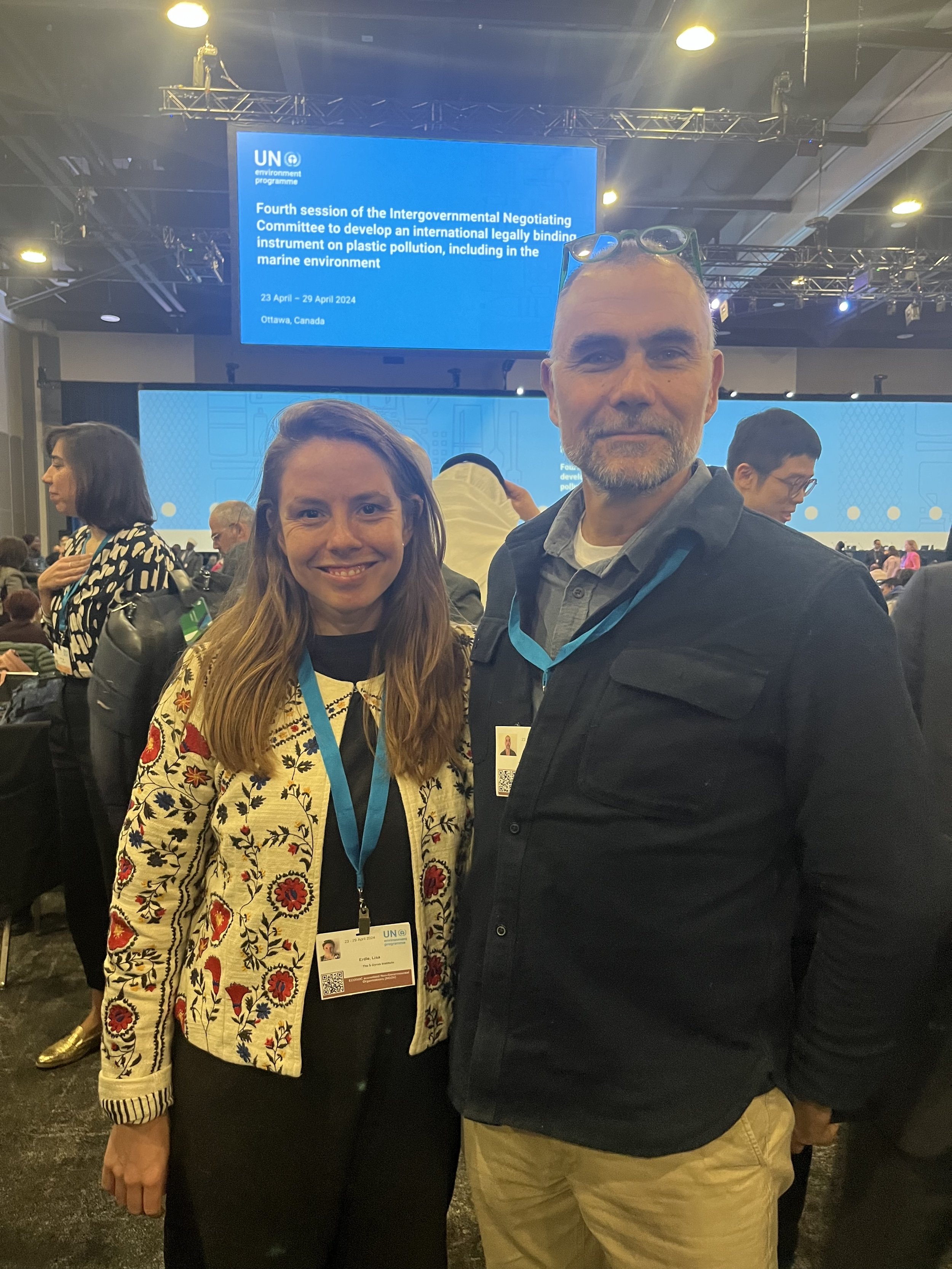
The Future Hinges on a Global Plastics Treaty
The plastic smog that permeates our ocean, air, and bodies requires urgent solutions that address the problem at the source. Fortunately, a Global Plastics Treaty offers a glimmer of hope. With the final negotiating session kicking off on November 25, we are calling on the United States to show leadership and take decisive action to secure a healthy future for our shared planet.
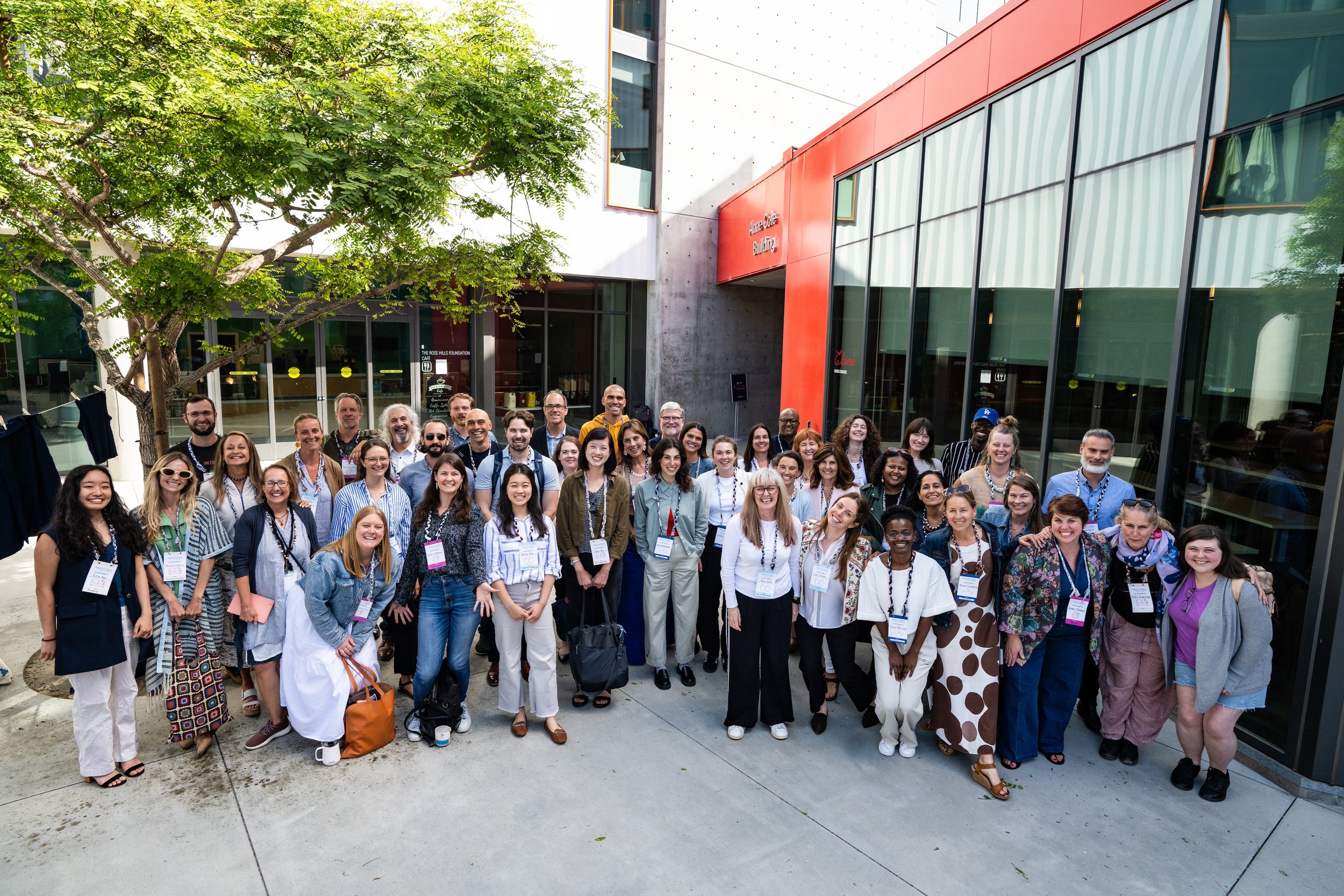
Weaving Solutions to Microfiber Pollution
Collaboration between the textile industry and the scientific community is necessary to address microfiber pollution in a holistic way. The WOVEN symposium brought together industry leaders, brands, scientists, innovators, and nonprofit organizations to workshop solutions and lay the groundwork for a multi-faceted strategy to reduce microfiber pollution from textiles.
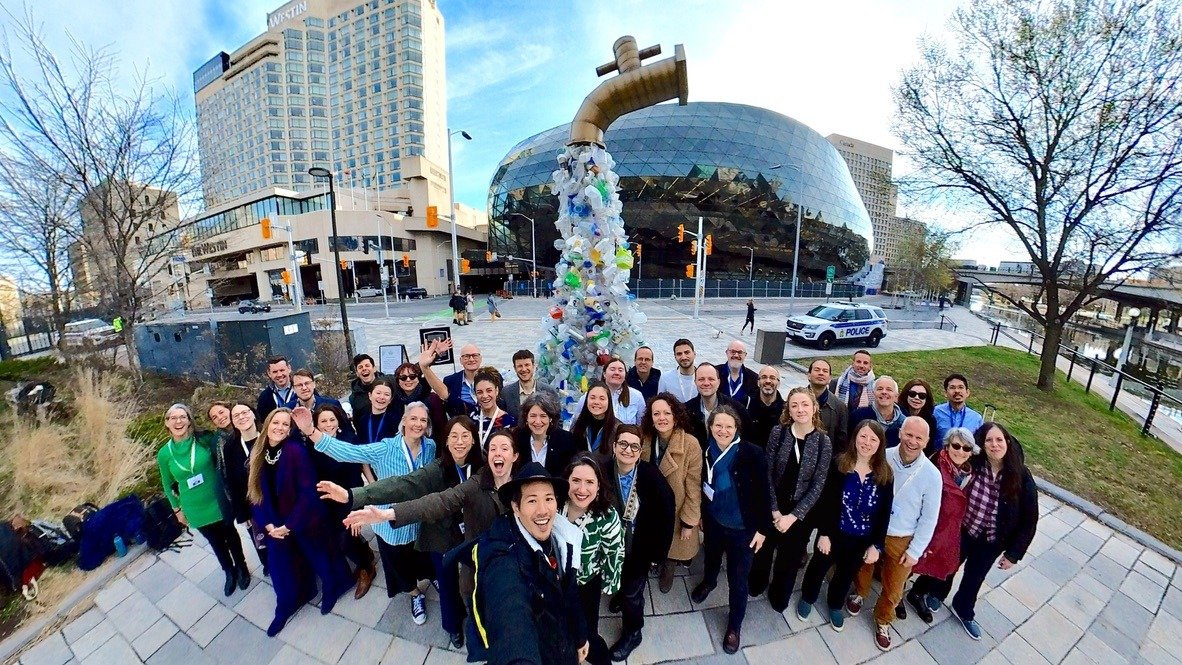
The Pivotal Role of Science in Shaping a Global Plastics Treaty
As the world grapples with the escalating plastic pollution crisis, the fourth Intergovernmental Negotiating Committee (INC-4) meeting for a Global Plastics Treaty marked a pivotal moment in the quest for a healthier planet – for people and the environment.
The 5 Gyres Institute played a unique role in the negotiations. Our goal is to serve as an Honest Broker, bridging the gap between industry, research, and policy, to offer fact-based and vetted solutions. As part of The Scientists’ Coalition for an Effective Plastics Treaty, our researchers guided delegates in negotiating a strong treaty grounded in the latest science.
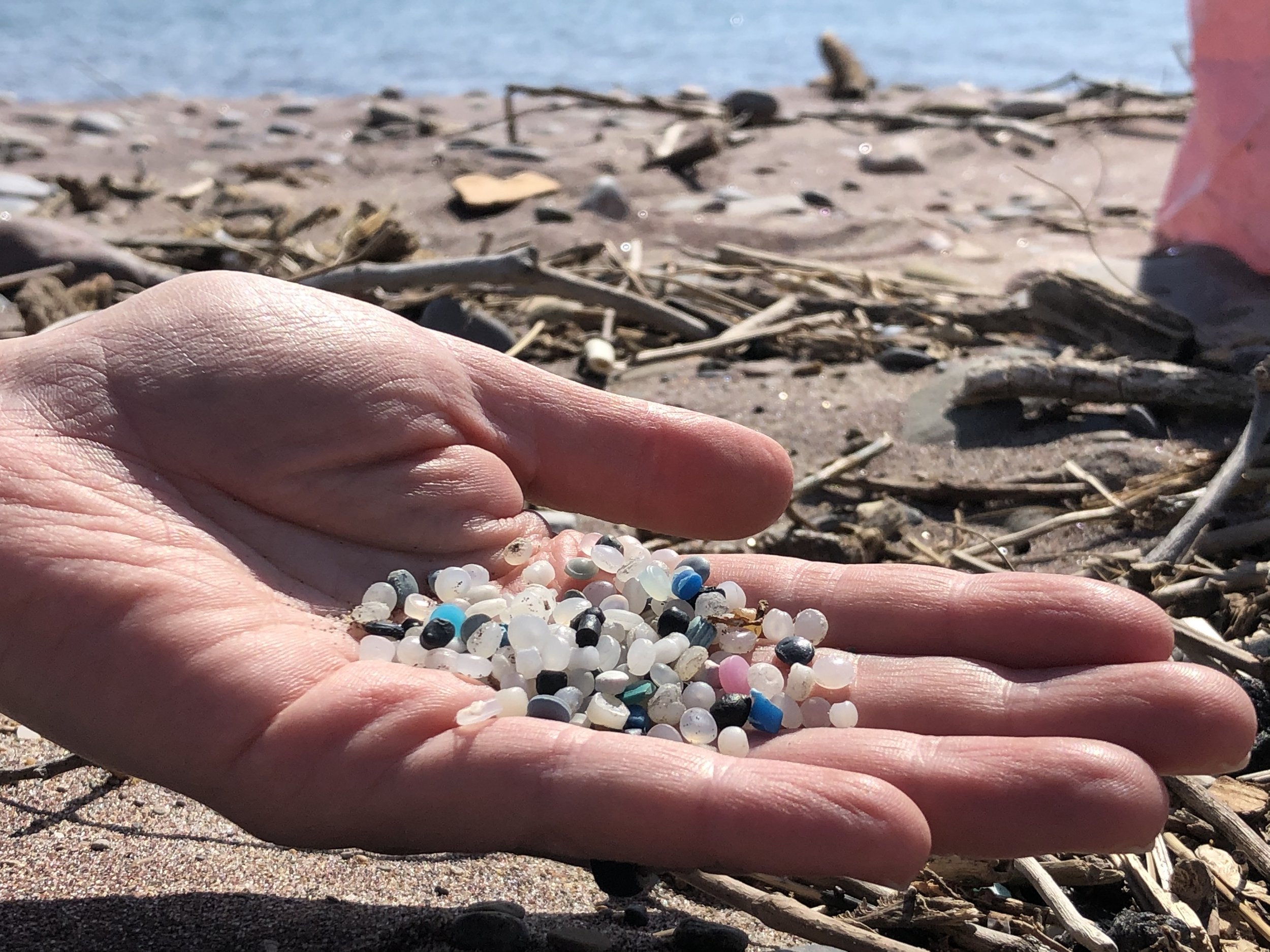
Nurdles: The Plastic Production Leakage Problem
Commonly referred to as “nurdles”, plastic pellets serve as the building blocks of most plastic products you see every day. During production, storage, and transport, nurdles frequently escape into the environment — 230,000 tons of nurdles are lost to the environment each year.
The magnitude of pellet emissions to the environment is a clear indication that action is needed to reduce this major source of microplastic pollution. The Plastic Pellet Free Waters Act would protect our waterways and hold polluters accountable.
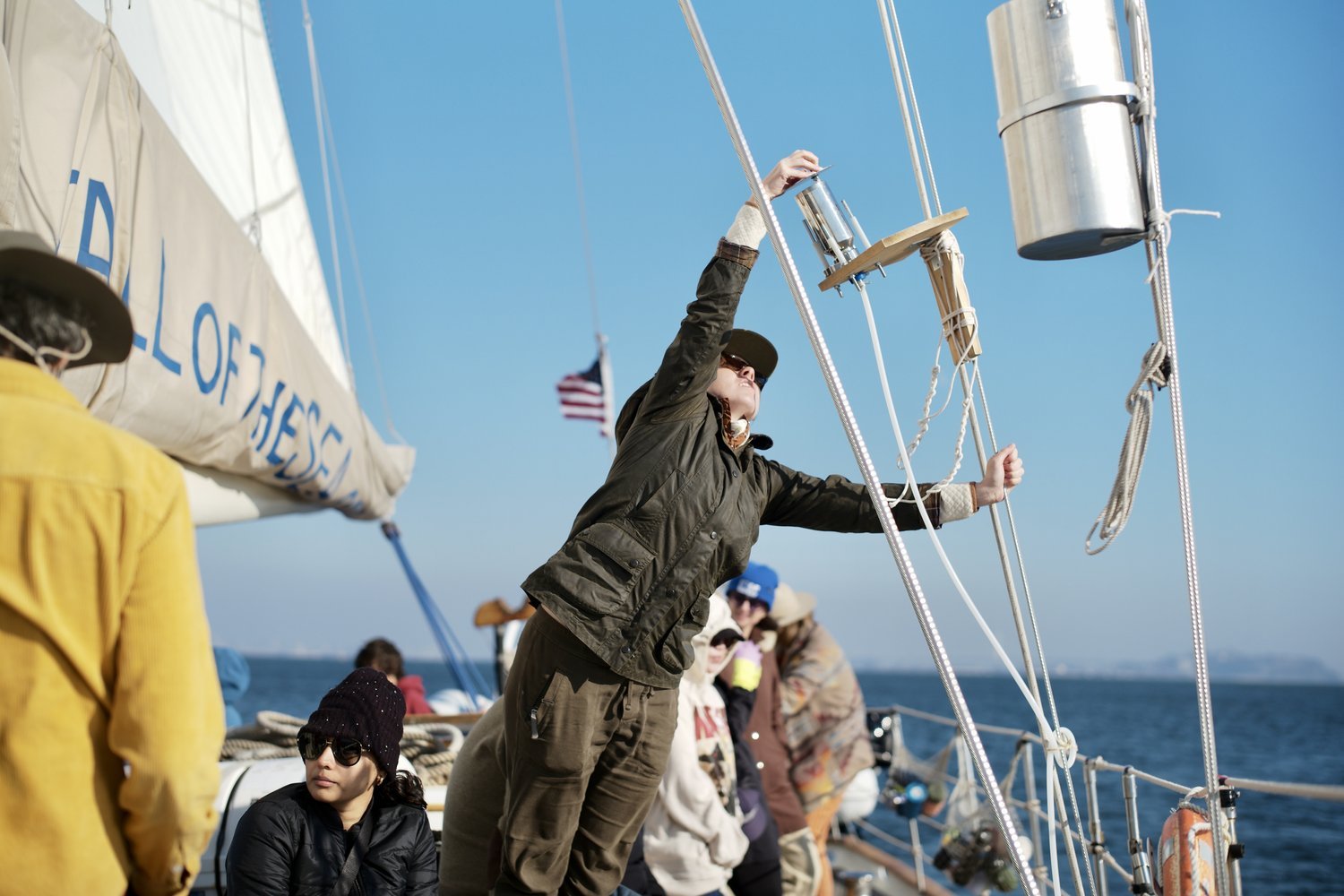
Setting Sail for Microfiber Solutions: What’s Next?
For the first time in nearly five years, the 5 Gyres team set sail for new research! We gathered leaders from the textiles sector, boarded a tall ship, raised our sails, and embarked on an expedition in San Francisco Bay to chart solutions for microfiber pollution.

Paddling with Porpoise: Documenting Trash Around the Baja Peninsula
5 Gyres Ambassador, Sean Jansen, is halfway through a solo journey paddling the length of the Baja Peninsula to raise awareness for ocean conservation and plastic pollution — an adventure he’s dubbed “Paddling with Porpoise”. In this excerpt, Sean shares his experience and observations related to trash and plastic pollution he’s seeing on the coastline.
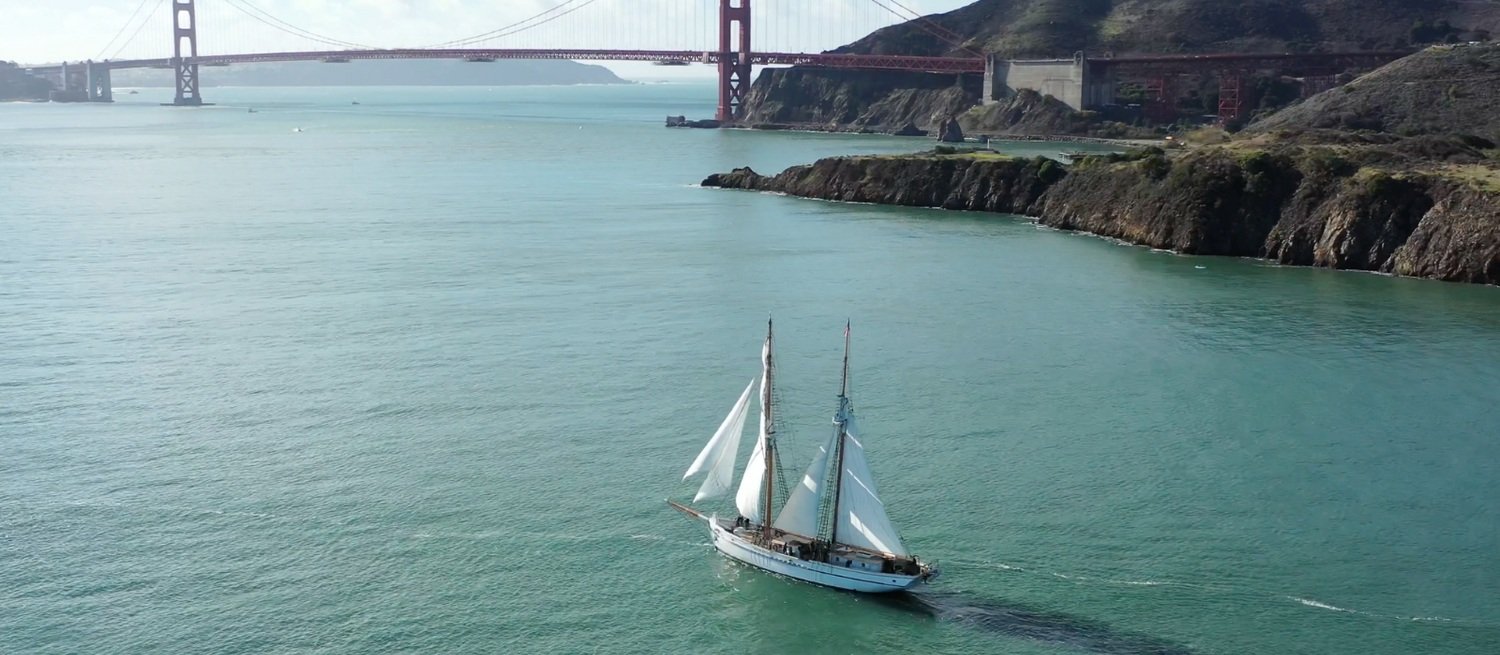
Setting Sail for Microfiber Solutions in the San Francisco Bay
To shine a light on the seemingly invisible issue of microfibers and workshop a range of possible solutions, 5 Gyres is partnering with Materevolve to lead a mini expedition in the San Francisco Bay this fall. The goal is to bring cross-sector leaders together, representing companies, brands, manufacturers, scientists, and innovators, to conduct scientific research and foster open discussions about potential solutions.
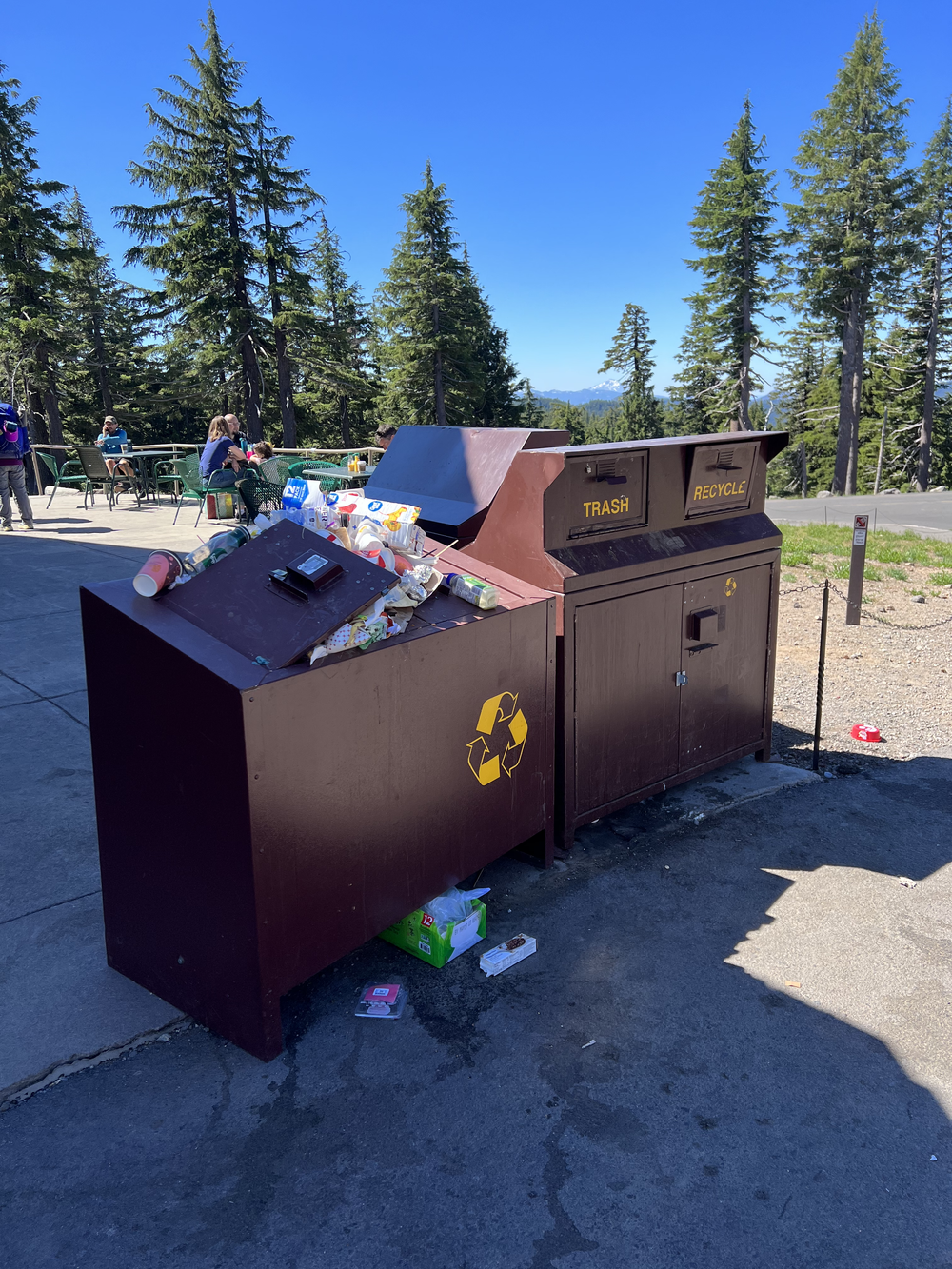
U.S. Congress Introduces Bill to Protect National Parks from Plastic Pollution
Today, U.S. Senator Jeff Merkley introduced the Reducing Waste in National Parks Act to reduce and eliminate the sales and distribution of single-use plastics in national parks. This bill will address some of the most common items found during 5 Gyres’ Plastic-Free Parks project, including plastic bottles, bags, and utensils.

What’s Missing from the Global Plastics Treaty? Sectors.
With more than 171 trillion plastic particles afloat in the world’s ocean, we are excited to see world leaders taking action to address the issue at the source and releasing an initial plastics treaty draft. However, we know that plastic pollution is complex and it's not a singular issue. The zero draft addresses fishing gear and single-use plastics, but what about car tires, textiles, agricultural waste, or the many other sectors of plastic use in society?

How Microplastics Corrupted Our Planet and Our Bodies
Plastic is ubiquitous in our everyday lives. It encases our food, it’s in the air we breathe, it’s in our blood. It’s hard to picture a world without plastic, but that world actually existed not too long ago. In A Poison Like No Other, Matt Simon takes us back in time to where it all began.
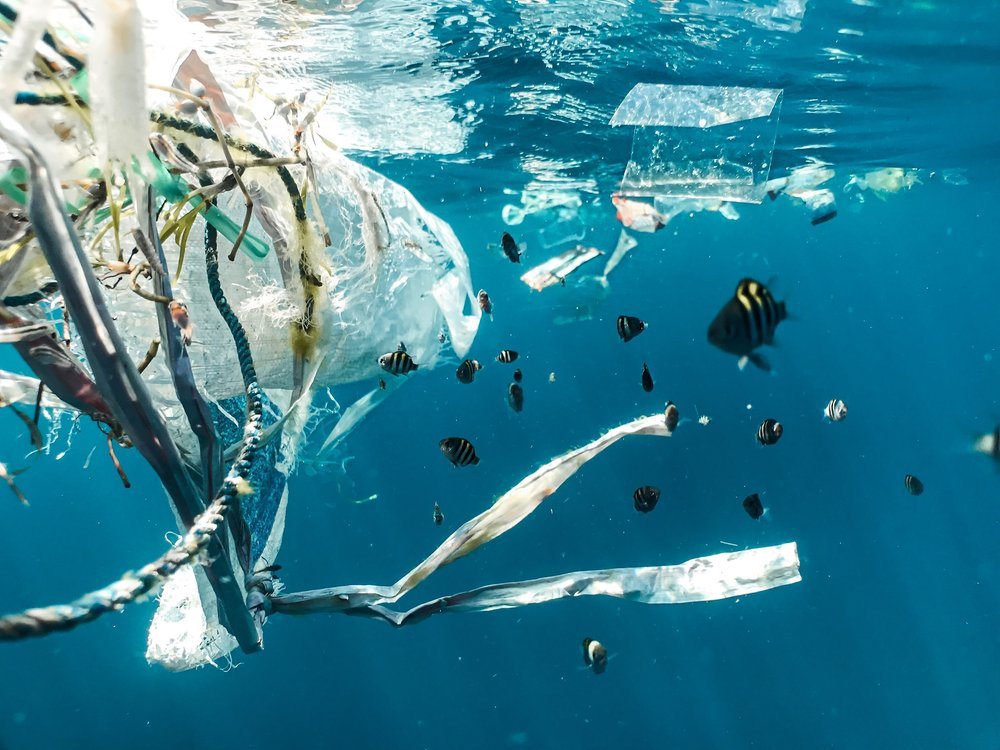
There Is No One-Size-Fits-All Solution to Plastic in the Sea
Considering plastic in the sea only as an “ocean problem” is an outdated narrative that must be abandoned. The sources — the uses of plastics in society — are where the solutions must come from.
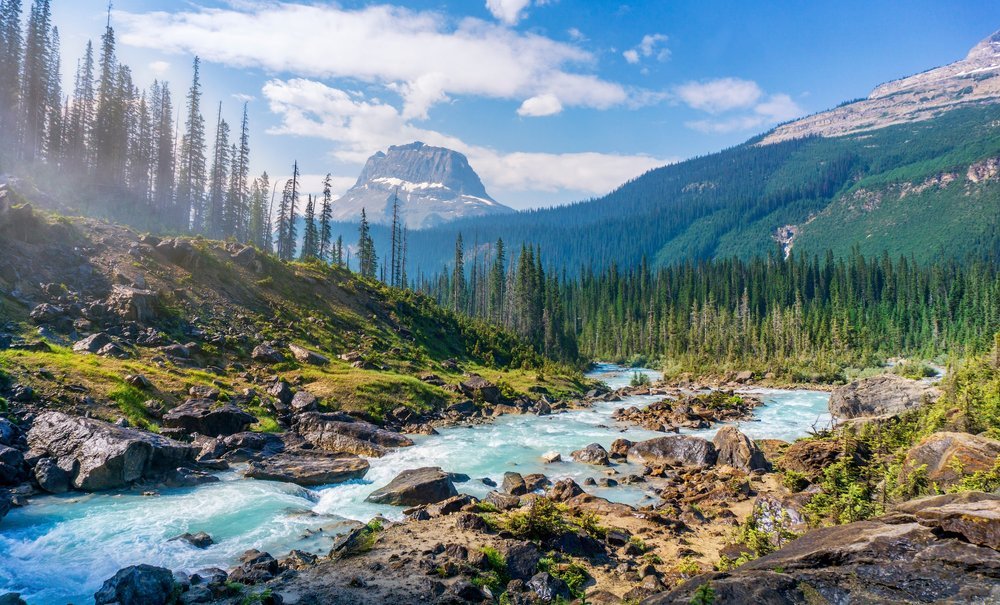
Plastic Doesn’t Belong in Our National Parks
When we visit national parks, we get a rare glimpse of nature as it should be – untouched and protected from the throes of mankind. Native plants snaking up forest canopies, deer brazenly trotting out in the open, vast landscapes that haven’t given way to city skylines.
But when we look closer, we see a different story. One that consists of overflowing trash cans, cigarette butts littering the forest floor, and plastic water bottles used once and discarded.
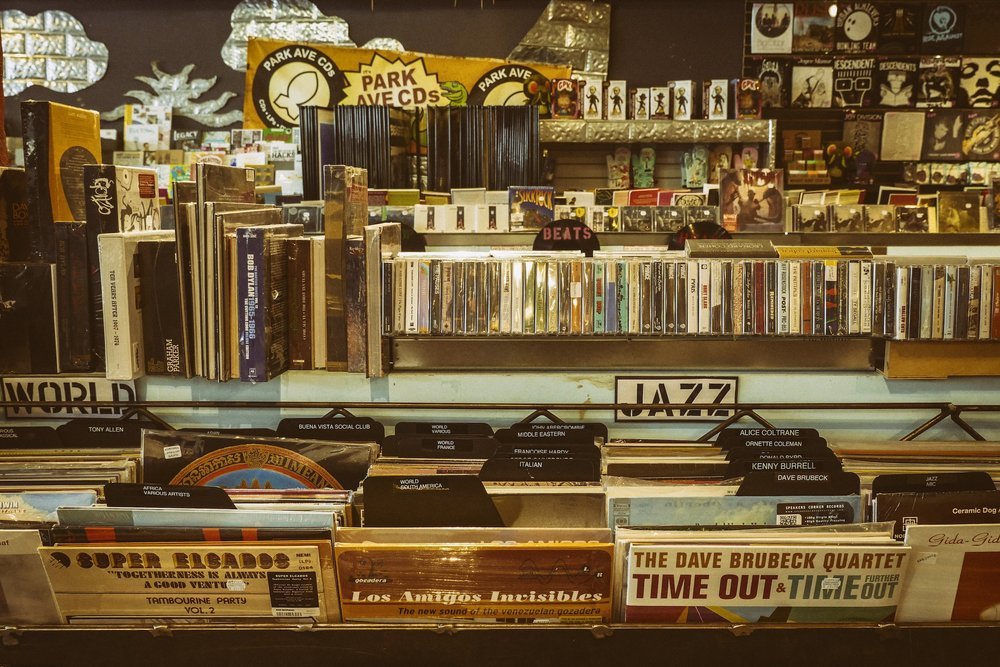
Stealing Xanadu and the Evolution of Plastic in Music
Innovation over the last century steadily brought plastic to the music industry, from the introduction of polyvinyl chloride (PVC) records in 1948 to polycarbonate (PC) compact discs in the 1980s. In recent years, our shift to digital music has led to a decline in plastic waste but an increase in electronic waste, which brings another set of environmental and social problems.
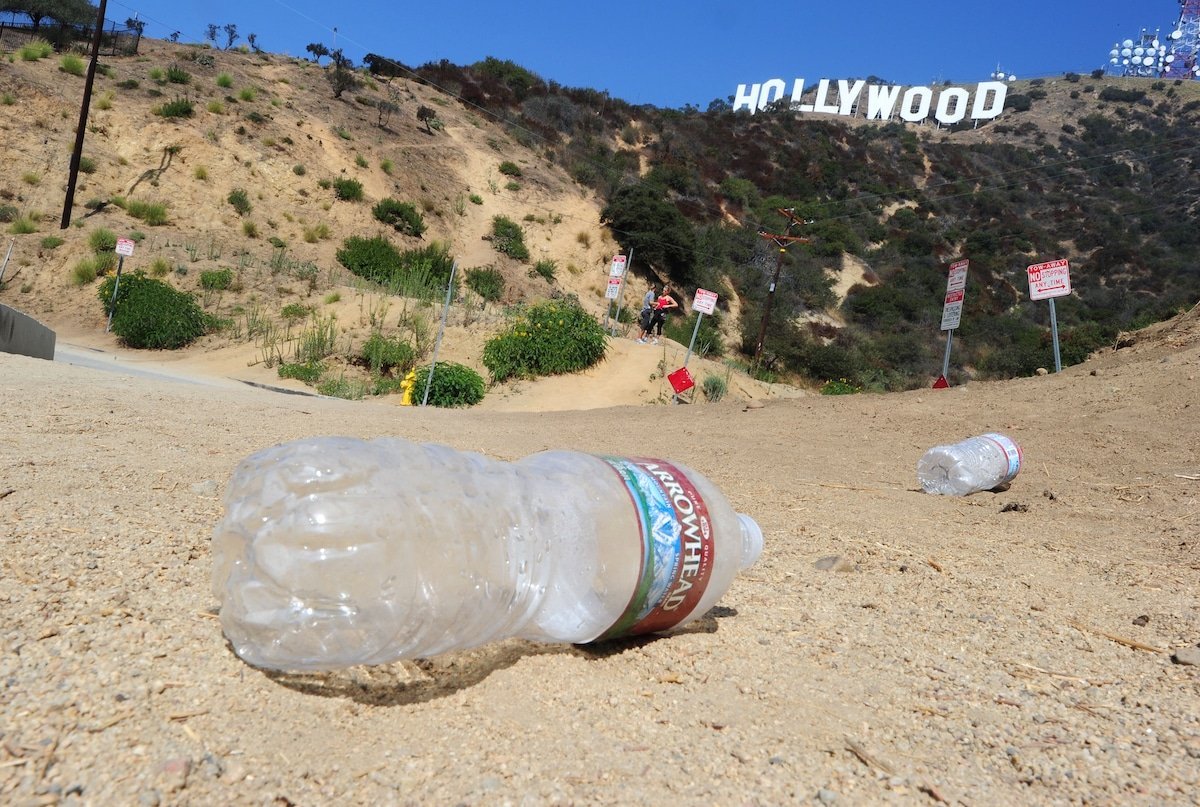
What to Know About California’s New Plastics Law
The Plastic Pollution Reduction & Recycling Act (SB 54) was signed into law by California Governor Newsom in an effort to promote a pathway toward a circular economy and “turn off the tap” on single-use plastics in California. The bill aims to do this by reducing unnecessary plastic, supporting reuse and refill programs, and holding producers financially accountable for their packaging through extended producer responsibility (EPR) measures.
Read on to understand the nuances of this legislation and what it means for the future of plastics in California.
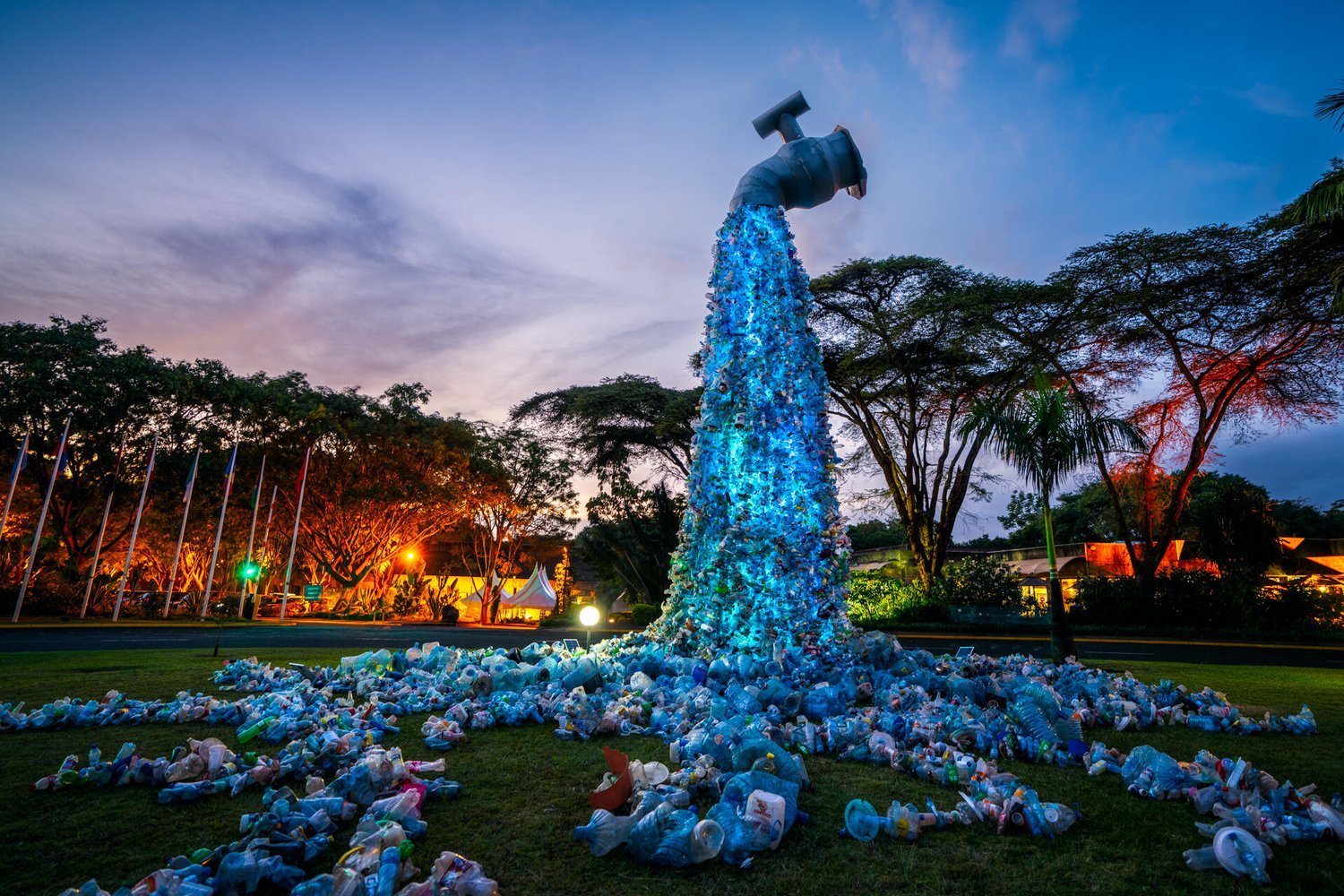
The Road to a Global Plastics Treaty
Our planet is awash in plastic pollution. We’ve found plastic on all 19 of our research expeditions, from the Galapagos Islands to the Arctic. It’s in the water we drink, the fish we eat, and even in our own bodies. The rate we are continuing to produce, use, and dispose of fossil fuel-based plastic is a systemic threat to the environment, wildlife, human health, and our entire planet.
But now, a global plastics treaty is on the horizon, giving us a glimmer of hope.
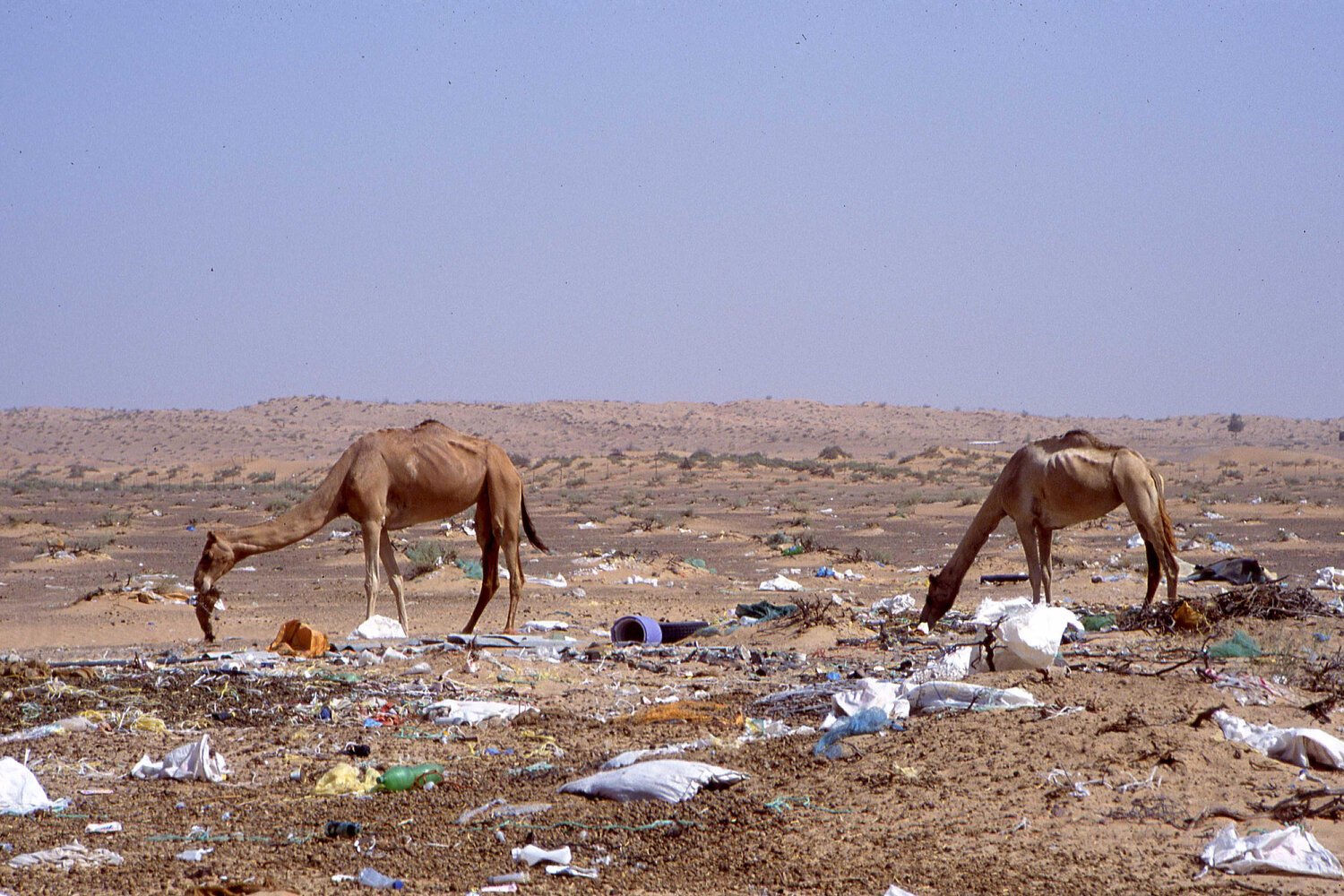
Camels: Plastic Eaters in the Desert
We traveled to Kuwait, Qatar, Oman and Dubai to survey plastic in the Gulf of Arabia, where a veterinarian said, “If you want to see plastic, follow me.”
We dug into the skeletons of five camels, finding large masses of tanged plastic bags and rope in their chests. One had an estimated 2,000 plastic bags inside.
